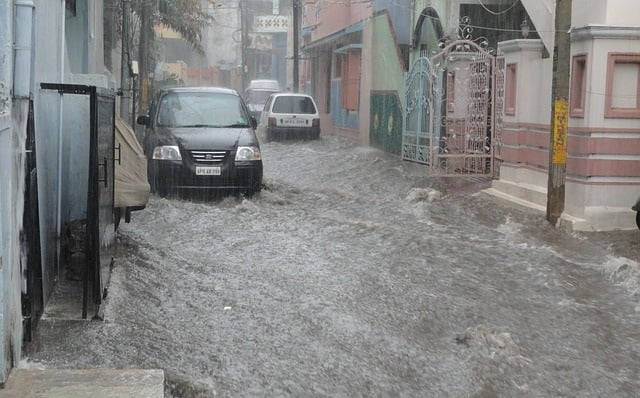Facts: A property owner purchased a multi-unit residential complex. The local government maintained a functioning storm drainage system around the property to protect it from flooding. The city was evaluated for storm drain facility improvements and the local government developed a plan for upgrades. To mitigate the high cost, facilities in need of upgrades were ranked in order of priority, with the most deficient ranked highest. The facility adjacent the owner’s property was determined to be low on the priority list. Later, before upgrades to the drainage system were installed, a severe storm event caused the drainage system to fail, damaging the owner’s property.
Claim: The owner seeks money losses from the local government, claiming the local government’s actions constituted inverse condemnation since the deferred upgrades on the drainage facilities caused damage to the owner’s property.
Counter claim: The local government claims it was not liable for the owner’s property damage since the local government’s deferment of upgrades was reasonable, as the risk was small in comparison to the cost of upgrades, and the current drainage system functioned to its intended capacity.
Holding: A California court of appeals held the property owner was not entitled to money losses from the local government since it was reasonable in deferring upgrades, as, though unable to withstand the unforeseen severity of the storm, the current drainage system functioned to its intended capacity. [Biron v. City of Redding (April 30, 2014)_CA4th_]



















